HVAC Bidding Software for Contractors
The HVAC sector stands for the Heating, Ventilation, and Air Conditioning services, the bidding process there serves as a crucial component that ensure the user to provide secured contracts, maximum profit margin and other functionalities. These HVAC bidding software helps the user in creating accurate and professional looking bids, it also automates the bidding process for a better deliverable with accrued quality service. In this article piece we will read about the key features, benefits, disadvantages, types, licensing options, measures and other various components of HVAC bidding software.

Key Features of HVAC Bidding Software for Contractors
Automated Bid Generation
The main feature that the HVAC bidding software comes with is the automation process which fasten the process of bid creation and also provide the user with detailed bids, as per the selected items from a pre-defined library or entering them manually. it also reduces the time spent on every bid preparation.
Cost Estimation Tools
It is vital to have an accurate and progressive cost estimation which further builds a competitive bidding, there are various HVAC bidding programs like odoo that provides a built-in calculator which can determine the material and the cost per labor based on the current market rates. This feature of HVAC bidding software also ensures that all the bids are realistic and well aligns as the competitive ones.
Customizable Templates
The users under the following feature can create as many personalized templates as they want according to the need of their different types of projects or clients, the feature comes with utmost consistency and professionalism in all the proposals. And also allow the contractors to tailor their bids as per the client needs.
Integration Capabilities
The HVAC bidding software comes with the integrated business systems like as accounting software or project management tools and facilities the transfer of data quickly for an improved workflow.
Reporting and Analytics
HVAC solutions like odoo provide the advanced reporting features which develop the analyzing power of contractors and enhance the bidding performance over time it also helps the contractor to identify the latest trends and make an informed decisions for future bids.
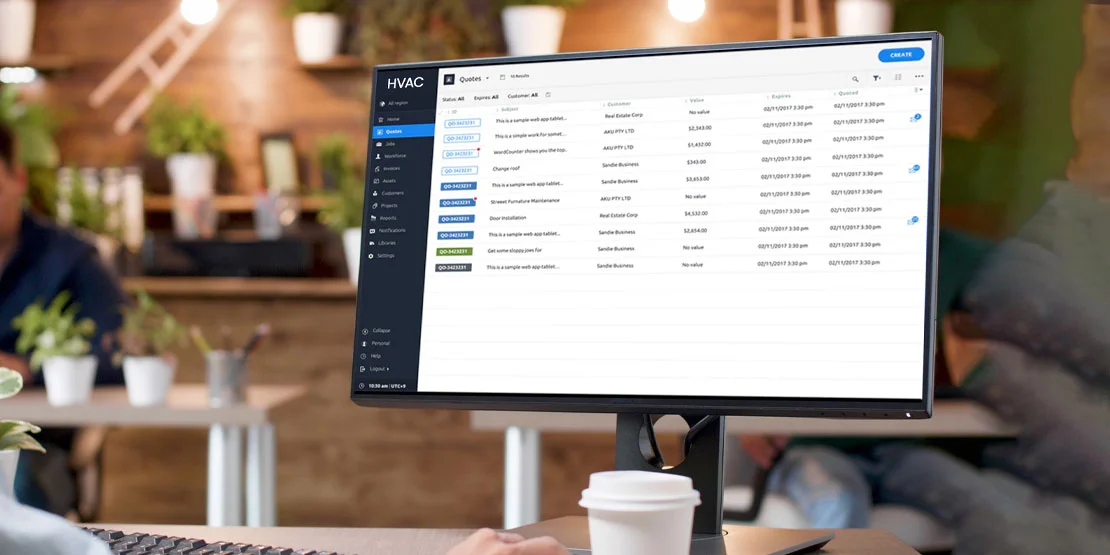
Benefits of Using HVAC Bidding Software
Increased Efficiency
The HVAC bidding software can effectively automate the process and also provide a sufficient time to the contractor to produce quality projects.
Improved Accuracy
The software also reduce the chances of human error, and lead to more accurate bids that reflect true project costs.
Enhanced Customer Service
A good turnaround rate and time can improve the customer proposals and their overall satisfaction.
Enhanced Customer Service
A good turnaround rate and time can improve the customer proposals and their overall satisfaction.
Competitive Advantage
As the HVAC bidding software provides accurate and well-timed bids, it works in the favors of the contractor and can position themselves above in the completion.
Disadvantages of HVAC Bidding Software
Whereas there are many benefits to HVAC bidding software use, there are also some potential drawbacks:
Learning Curve
It takes some time for users to become familiar with the application and its functionalities, so cannot be used efficiently. Training may be required for all members of the team.
Initial Investment
Very much dependent on the sort of software chosen, the initial cost may be significant. Despite the fact that most of the solutions save money in the long run by helping improve efficiency, upfront costs may be such a prohibitive factor for some of the smaller contractors.
Technical Problems
Software updates, bugs, or other technical problems could necessitate frequent troubleshooting. Technology dependency may sometimes disrupt workflow as a result of problems.
Limited Accessibility
Some programs are not accessible from multiple devices or may not be available with mobile functionality, hence limiting the ease of accessing the resource whilst out and about.

Types of HVAC Bidding Software
Web-Based Software
The web-based software works as an application that can be easily operated in the web browser with absolutely no installation hassle. These software’s are accessible on any device just with the good connection to internet which makes it a good choice for those who want to have something on the go.
Standalone Programs
It is a software programs that can only be installed on a single computer and do not require any internet connection as such, but also the demerit of having the limit accessibility when compared to other cloud-based solutions.
Cloud-Based Software
The cloud-based HVAC solutions are only hosted on the online sources and allow the accessibility to multiple users for a better data integrity from various devices. It also comes with the subscription fee as per the chosen pricing models.
Hybrid Options
It is a combination of the features associated with the web-based and standalone programs, numerous user choose this hybrid software due to its flexibility in deployment and maintained robust functionality.
The Key features it holds are:
There are various HVAC bidding software, that the contractors have the choice from:
Subscription-Based Licensing
Perpetual Licensing
Freemium Models
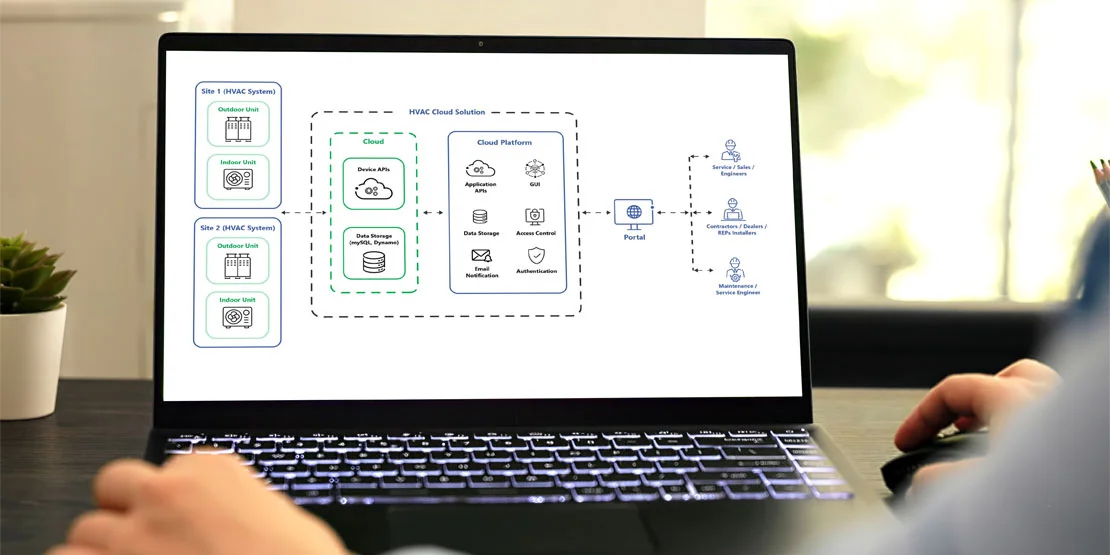
Future Trends in HVAC Bidding Software
Some of the emerging trends in HVAC bidding software in terms of technological developments include:
Incorporation of Artificial Intelligence
Bidding software with integrated AI support will help enhance predictive analytical capabilities to enable contractors to make informed, data-driven decisions by taking into account historical performance metrics and trends in the market.
Improved Mobile Functionality
There will be more professionals working away from the office or on-site, so future software solutions will be designed with superior mobile access and functionality for the generation of real-time bids and updates.
Growth in Cloud-based Solutions Probability
There is a high probability for growth in the direction toward cloud-based solutions since businesses look for greater agility and scalability in operation without the constraints that traditional hardware attracts.
Collaboration Features
Today, as teamwork becomes an important aspect of project management, future bidding software will probably keep and include improved collaboration tools that enable users to work together in a remote location environment and work on bids at the same time from different locations.
Sustainability Features
More and more concerns about the environment attract attention toward the future more efficient solutions for HVAC bidding that will present sustainability and energy efficiency measures within bids that contractors can use.
This will be one of the key enablers for future shape HVAC systems and services, especially with Internet of Things integration. Therefore, the integration of IoT data into the process of bidding would provide a great vision into system performance and whether maintenance requirements are needed or not.
FAQs
What the bidding software are built for?
The software are constructed to create bids within the project and to have the accurate services with almost no effort.
Which is the best bidding software in HVAC sector?
Odoo can be one of the finest bidding software in HVAC sector, that helps the user in conducting accurate and timely bids, save the overheads and also Faster turnaround times in the bidding process.
What are the main three types of bidding?
The three types of bidding are: Open tendering, Negotiated tendering, Selective tendering.
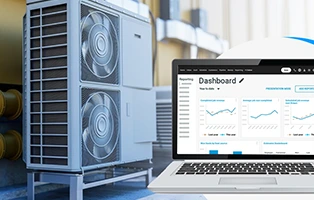
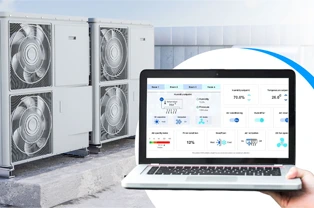
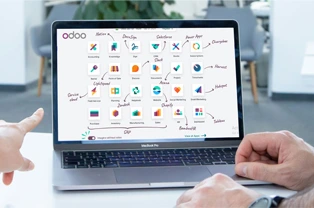
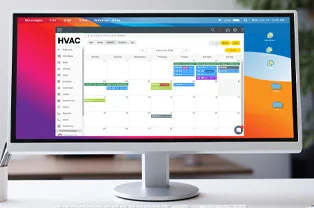
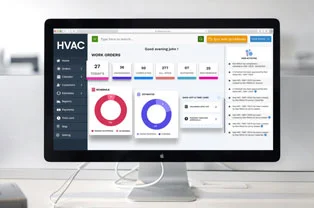
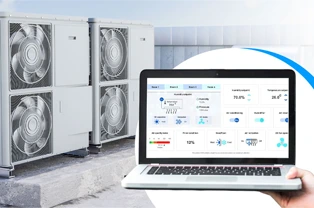
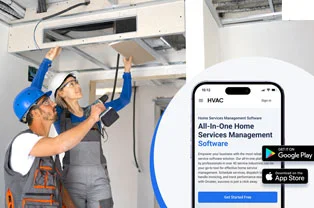


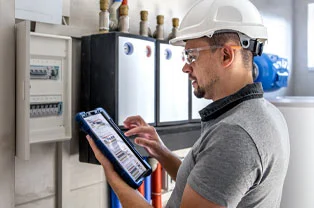

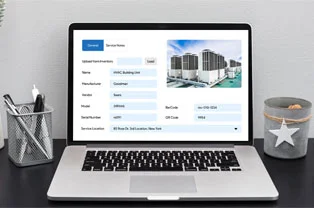

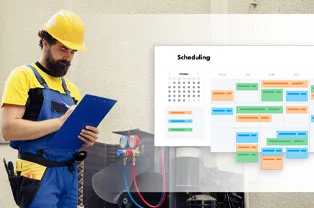

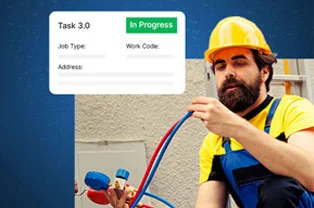

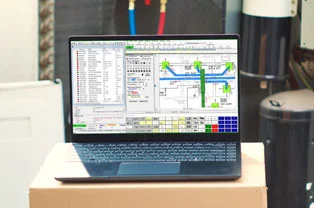


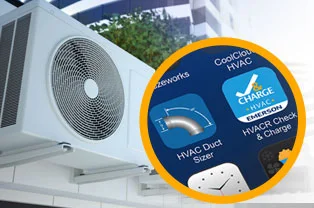
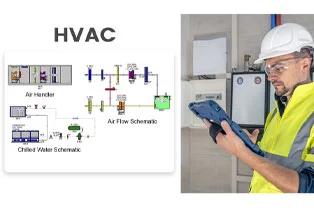

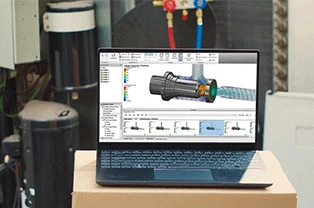



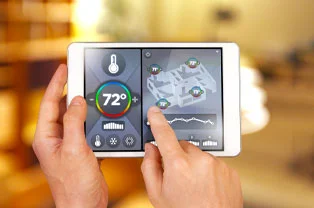












 USA
USA INDIA
INDIA